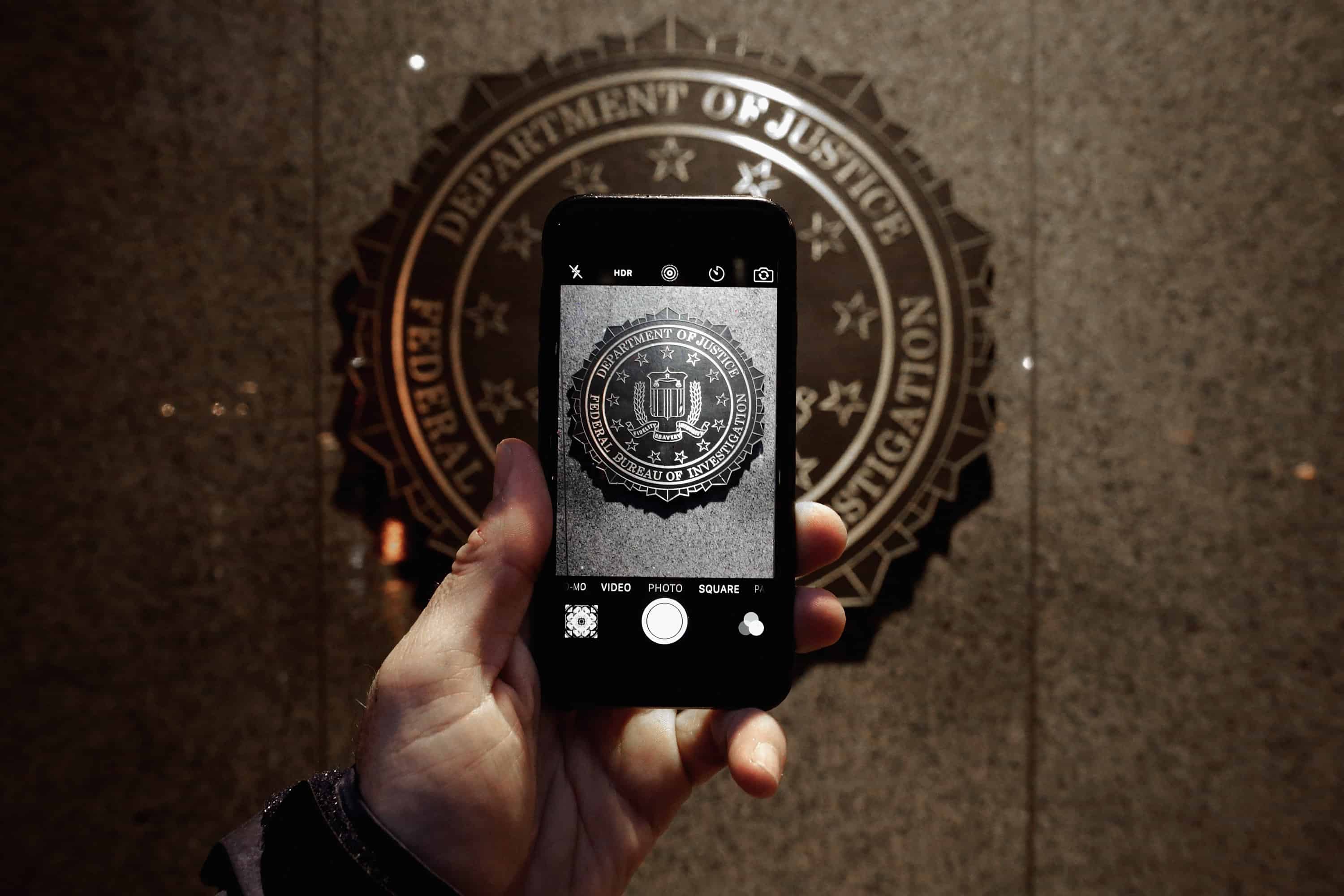Guatemalan officials revealed that a specialized FBI team will join the effort to track down 16 remaining fugitives from the Barrio 18 gang after their daring escape from a maximum-security prison sparked widespread alarm across the region.
The breakout from Fraijanes II prison, located near the capital, involved 20 high-ranking members of Barrio 18, a group labeled a terrorist organization by both Guatemala and the United States. Authorities first disclosed the incident in mid-October, though the exact date of the escape remains unclear. So far, security forces have rearrested four of the escapees, leaving the rest at large and heightening fears of renewed gang activity.
The escape prompted swift action from President Bernardo Arévalo, who removed his interior minister and appointed Marco Antonio Villeda in his place. Villeda, addressing reporters, confirmed the involvement of the FBI’s Joint Task Force Vulcan, a unit established in 2019 under former U.S. President Donald Trump to target transnational crime groups like Mara Salvatrucha (MS-13). “We are coordinating closely with our partners to bring these individuals back into custody,” Villeda said.
Guatemalan authorities have also reached out to Mexico and Honduras, suspecting some fugitives may have crossed borders. Interpol has issued red notices to facilitate international arrests, underscoring the cross-border threat posed by the gang.
The United States has voiced strong disapproval of the security lapse. A State Department spokesperson described the escape as unacceptable, emphasizing the need for robust measures against groups like Barrio 18, which Washington views as a direct menace to regional stability.
Complicating matters, Guatemala’s Public Prosecutor’s Office has sought to strip immunity from President Arévalo and Vice President Karin Herrera. The request, filed last week, accuses them of failing in their duties related to the prison breach. The office, which has clashed with Arévalo’s administration on multiple fronts, argues that oversight failures allowed the escape to happen undetected.
Barrio 18, along with rival gangs, drives much of Guatemala’s violence. Officials attribute nearly half of the country’s homicides to drug trafficking and extortion rackets targeting businesses and public transport. The gang’s operations extend beyond prisons, fueling cycles of intimidation and bloodshed in urban areas.
Villeda outlined plans to bolster prison security and intelligence sharing as part of the response. The FBI’s Vulcan team brings expertise in dismantling gang networks, with a track record of operations against similar outfits in Central America. Their deployment marks a key step in Guatemala’s push to curb organized crime amid ongoing challenges.
As the manhunt intensifies, residents in affected communities remain on edge. Local police have increased patrols, and border checkpoints with neighboring countries now operate under heightened alert. Authorities urge the public to report any sightings, stressing that community cooperation plays a central role in resolving the crisis.
The incident highlights persistent issues in Guatemala’s justice system, where overcrowding and corruption have long undermined efforts to contain powerful gangs. With international support now in play, the government aims to deliver results and restore confidence in its security apparatus.






